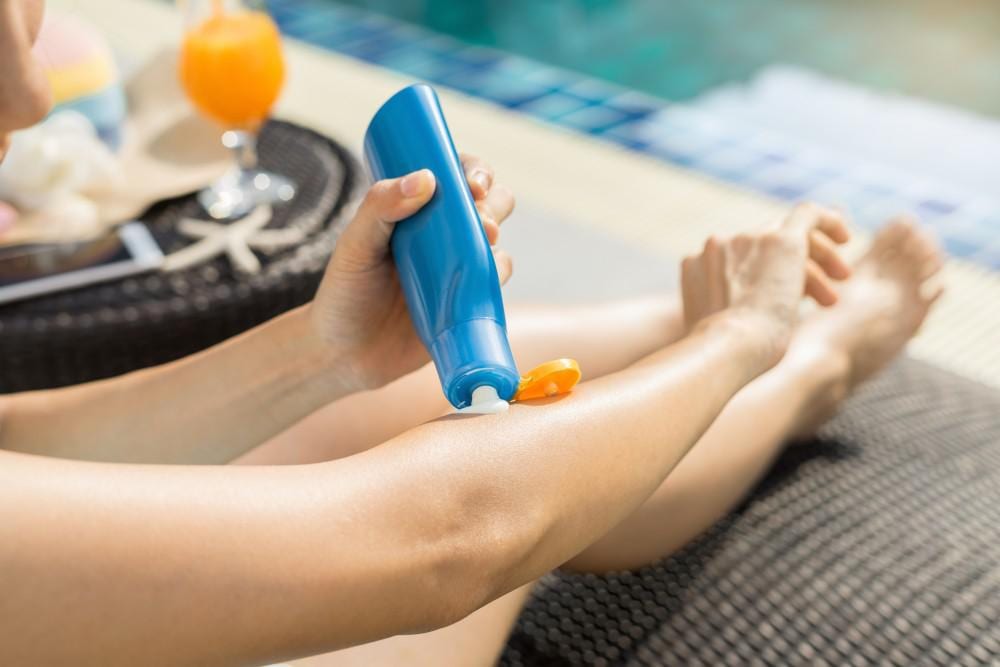Spending time outdoors is a summer tradition. While time in the sun is necessary for you to enjoy good health and produce vitamin D to keep your bones strong, too much unprotected time in the ultraviolet (UV) rays of the sun can cause long-term damage to your skin.
At Bopp Dermatology, Dr. Felix Bopp and Dr. Barbara Bopp are experts in strategies to protect your skin from dangerous sunburns and other damage that cause lead to premature wrinkles, skin infections, and even life-threatening skin cancer.
Here are a few of their tips for safely enjoying the sun and reducing your risk for harmful skin conditions and disease:
Sunscreen is a must
Using sunscreen in the summer is vital to protecting the health of your skin. You should look for a high-quality sunscreen that has an SPF of at least 30, or an SPF 50 sunscreen if you have a light complexion and tend to burn easily.
Sunscreen isn’t only for the warmer summer months. You should get into the habit of applying a daily sunscreen to all exposed areas of skin, including your lips and ears, before spending any time outdoors regardless of the season.
Follow sunscreen directions
It’s not good enough to simply use sunscreen, you need to use it correctly. This means you should ensure all exposed areas of skin are adequately covered with sunscreen, even if you need to ask for help reaching your back and other areas you can’t see.
Apply the sunscreen before you go out into the sun, and reapply regularly throughout the day, especially if you’re sweating or swimming.
Avoid the mid-afternoon hours
The sun is strongest in the early and mid-afternoon hours, increasing your risk for sunburn. Avoid going outdoors during these times, if possible.
When you have to be outside, wear sunscreen and seek shade from nearby trees or buildings whenever possible.
Wear the right clothing
While it may seem illogical to wear long-sleeved clothing on the sunniest day of the year, it’s a good way to limit your exposure to the sun. Opt for lightweight and loose clothing that covers your arms and legs.
Keep a wide-brimmed hat on hand for long days in the sun to protect your face and neck from harmful UV rays.
Consider your medications
If you have underlying health conditions that require daily medications, check with Dr. Bopp about how these medications can interact with sun exposure. Some over-the-counter and prescription medications, including antidepressants and antibiotics, can make your skin more sensitive and susceptible to sun damage. Dr. Bopp can recommend how to find the right balance between taking the medications you need without interfering with your skin’s health.
Don’t use tanning beds
Many people make the mistake of using tanning beds as an alternative to sun exposure. However, many tanning beds use UV rays, just like the sun, which increases your risk for skin damage and malignant skin cancers.
Check your skin
Routine skin checks are the best way to identify changes that indicate you have skin damage or precancerous lesions. Dr. Bopp can teach you how to examine your own skin, looking for irregularities that could relate to skin cancer and other conditions.
In addition to monthly checks at home, you should also schedule professional skin health evaluations at Bopp Dermatology at least once a year.
Learn more about steps you can take for protecting your skin in the summertime and all year long by scheduling a consultation at Bopp Dermatology. Call our office in Metairie, Louisiana, at 504-291-7391 today.

